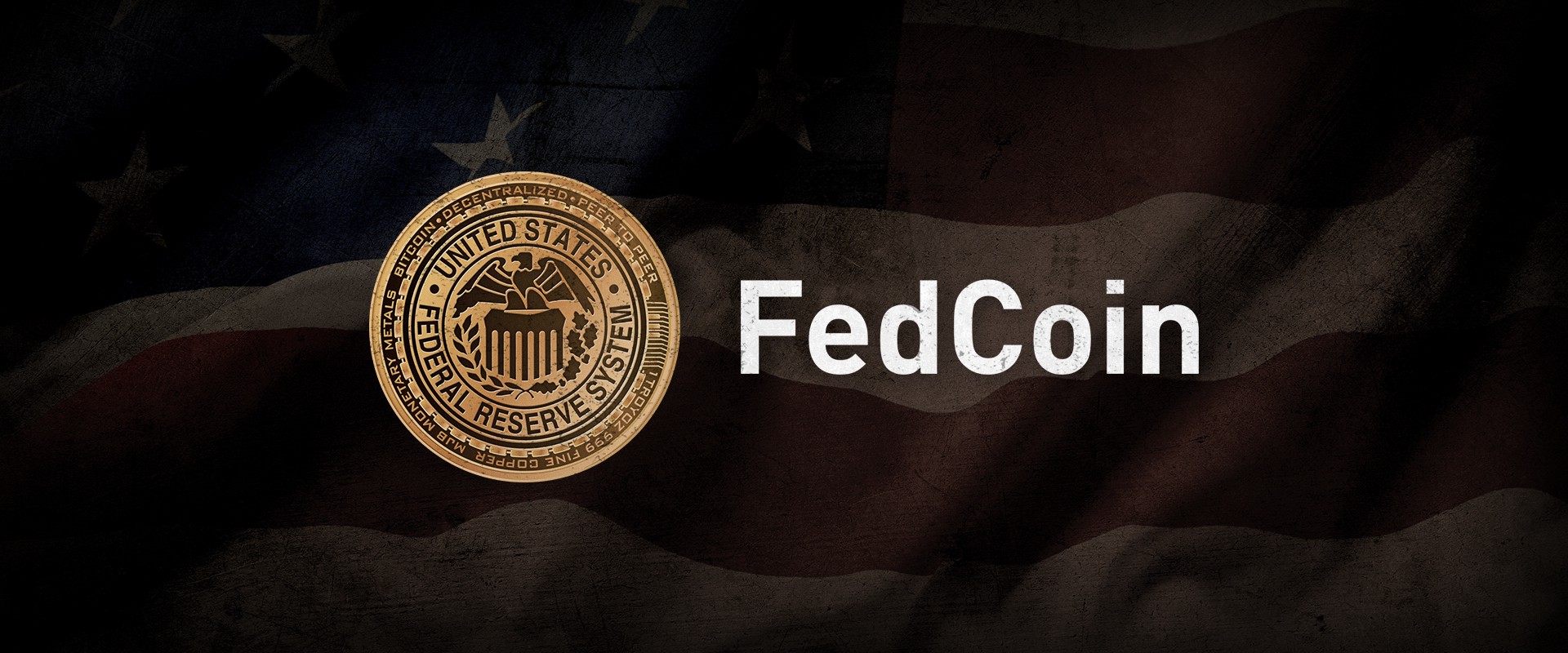PALO ALTO, Calif. (Reuters) - The Federal Reserve is looking at a broad series of issues around digital payments and currencies, including policy, design and legal considerations around potentially issuing its own digital currency, Governor Lael Brainard said on Wednesday. Brainard's remarks suggest more openness to the possibility of a Fed-issued digital coin than in the past." By transforming payments, digitalization has the potential more info to deliver greater value and benefit at lower cost," Brainard said at a conference on payments at the Stanford Graduate School of Business.
Reserve banks internationally are debating how to handle digital finance innovation and the dispersed ledger systems utilized by bitcoin, which assures near-instantaneous payment at potentially low expense. The Fed is developing its own day-and-night real-time payments and settlement service and is presently reviewing 200 remark letters sent late last year about the proposed service's design and scope, Brainard stated.
Less than two years ago Brainard told a conference in San Francisco that there is "no compelling demonstrated requirement" for such a coin. But that was before the scope of Facebook's digital currency ambitions were widely known. Fed authorities, consisting of Brainard, have raised issues about consumer securities and information and personal privacy risks that could be presented by a currency that could come into use by the 3rd of the world's population that have Facebook accounts.
" We are collaborating s3.us-east-2.amazonaws.com/palmbeachresearchgroup1/index.html with other main banks as we advance our understanding of reserve bank digital currencies," she stated. With more nations checking out releasing their own digital currencies, Brainard stated, that contributes to "a set of reasons to also be ensuring that we are that frontier of both research study and policy advancement." In the United States, Brainard stated, concerns that require research study consist of whether a digital currency would make the payments system much safer or easier, and whether it could posture monetary stability risks, including the possibility of bank runs if money can be turned "with a single swipe" into the reserve bank's digital currency.

To counter the monetary damage from America's unmatched national lockdown, the Federal Reserve has actually taken unprecedented actions, including flooding the economy with dollars and investing directly in the economy. The majority of these moves received grudging acceptance even from lots of Fed doubters, as they saw this stimulus as required and something just the Fed could do.
My new CEI report, "Government-Run Payment Systems Are Hazardous at Any Speed: The Case Against Fedcoin and FedNow," information the dangers of the Fed's current plans for its FedNow real-time payment system, and propositions for main bank-issued cryptocurrency that have been called Fedcoin or the "digital dollar." In my report, I talk about issues about personal privacy, data security, currency adjustment, and crowding out private-sector competitors and development.
Advocates of FedNow and Fedcoin say the federal government should produce a system for payments to deposit immediately, instead of motivate such systems in the economic sector by lifting regulatory barriers. However as noted in the paper, the personal sector is providing a relatively endless supply of payment technologies and digital currencies to solve the problemto the level it is a problemof the time gap between when a payment is sent and when it is received in a checking account.
And the examples of private-sector innovation in this location are numerous. The Clearing House, a bank-held cooperative that has been routing interbank payments in various forms for more than 150 years, has actually been clearing real-time payments because 2017. By the end of 2018 it was covering 50 percent of the deposit base in the U.S.